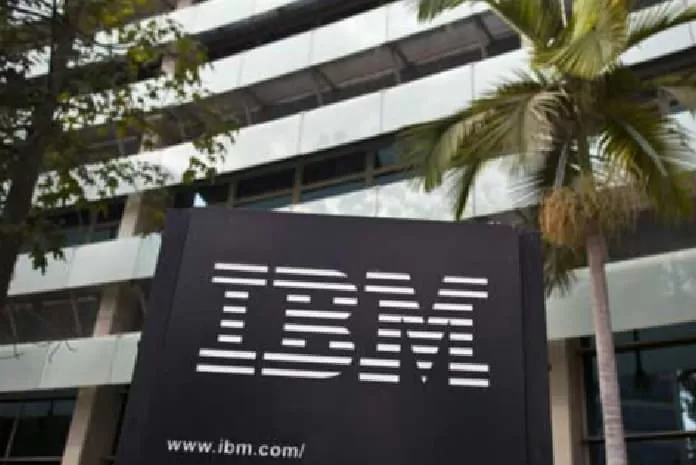IBM fuels enterprise AI revolution with powerful hybrid technologies – CRN


At its annual THINK 2025 event, IBM unveiled a series of game-changing innovations designed to help enterprises operationalize generative AI at scale. From accelerated AI agent development to powerful hybrid cloud integration and breakthrough infrastructure, IBM is positioning itself as a force in enterprise-grade AI.
Arvind Krishna, IBM Chairman and CEO, set the tone: “The era of AI experimentation is over. Today’s competitive advantage comes from purpose-built AI integration that drives measurable business outcomes.”
AI Agents in 5 Minutes: Redefining the Enterprise Workflow
With the explosion of generative AI and forecasts suggesting over one billion apps by 2028, IBM has introduced advanced AI agent capabilities through watsonx Orchestrate. These agents—designed to function beyond simple chat interfaces—can now automate tasks across 80+ enterprise applications like Salesforce, SAP, Microsoft, and Oracle.
Notably, IBM claims businesses can now build custom AI agents in under five minutes using a flexible toolkit that spans no-code to pro-code environments. Pre-built domain agents for HR, sales, and procurement, along with new utility bots, make deployment faster. IBM also launched the Agent Catalog, featuring 150+ agents from partners such as Box, Mastercard, and ServiceNow.
Hybrid Integration with 176% ROI
A major hurdle in enterprise AI adoption remains integration across diverse IT environments. IBM’s response is the next-gen webMethods Hybrid Integration solution, offering intelligent automation of app and API connections across on-prem and cloud setups.
According to a Forrester TEI study, companies using these capabilities have achieved a 176% ROI over three years, cut downtime by 40%, and saved up to 67% of time on routine projects. IBM’s automation portfolio now integrates more tightly with partners like HashiCorp to ensure secure provisioning, policy enforcement, and consistency across hybrid environments.
Turning Enterprise Data into a Competitive Edge
Enterprise data—particularly unstructured content—is often underutilized. IBM’s watsonx.data is evolving to address this. The platform now offers an open data lakehouse combined with data fabric features like governance and lineage tracking, making it easier to harness and activate enterprise data.
Initial tests suggest this upgraded solution delivers 40% more accurate results in retrieval-augmented generation (RAG) scenarios compared to traditional approaches. New modules—watsonx.data integration and intelligence—offer AI-powered orchestration and insights extraction across formats, enhancing modularity and flexibility.
IBM also revealed plans to acquire DataStax, bringing enhanced vector search capabilities to the table, further empowering unstructured data processing for AI.
Infrastructure for AI at Scale
To meet growing compute demands, IBM introduced the LinuxONE 5 platform—its most secure and efficient Linux infrastructure for AI workloads. The system can handle up to 450 billion AI inference operations per day and includes innovations like the Telum II AI processor and IBM Spyre Accelerator.
Beyond performance, IBM is prioritizing security with confidential containers and quantum-safe encryption technologies. Financially, LinuxONE 5 promises up to 44% lower total cost of ownership over five years compared to equivalent x86 solutions.
A Cohesive Vision for AI-Driven Transformation
IBM’s strategy is clear: combine enterprise-grade AI tools, seamless hybrid cloud integration, and secure, scalable infrastructure. By aligning deep consulting expertise with powerful technologies, IBM is helping clients accelerate from AI experimentation to measurable business outcomes.
As businesses shift from curiosity to full-scale deployment, IBM’s comprehensive AI ecosystem offers the tools, partners, and platforms to lead in the age of intelligent automation.







